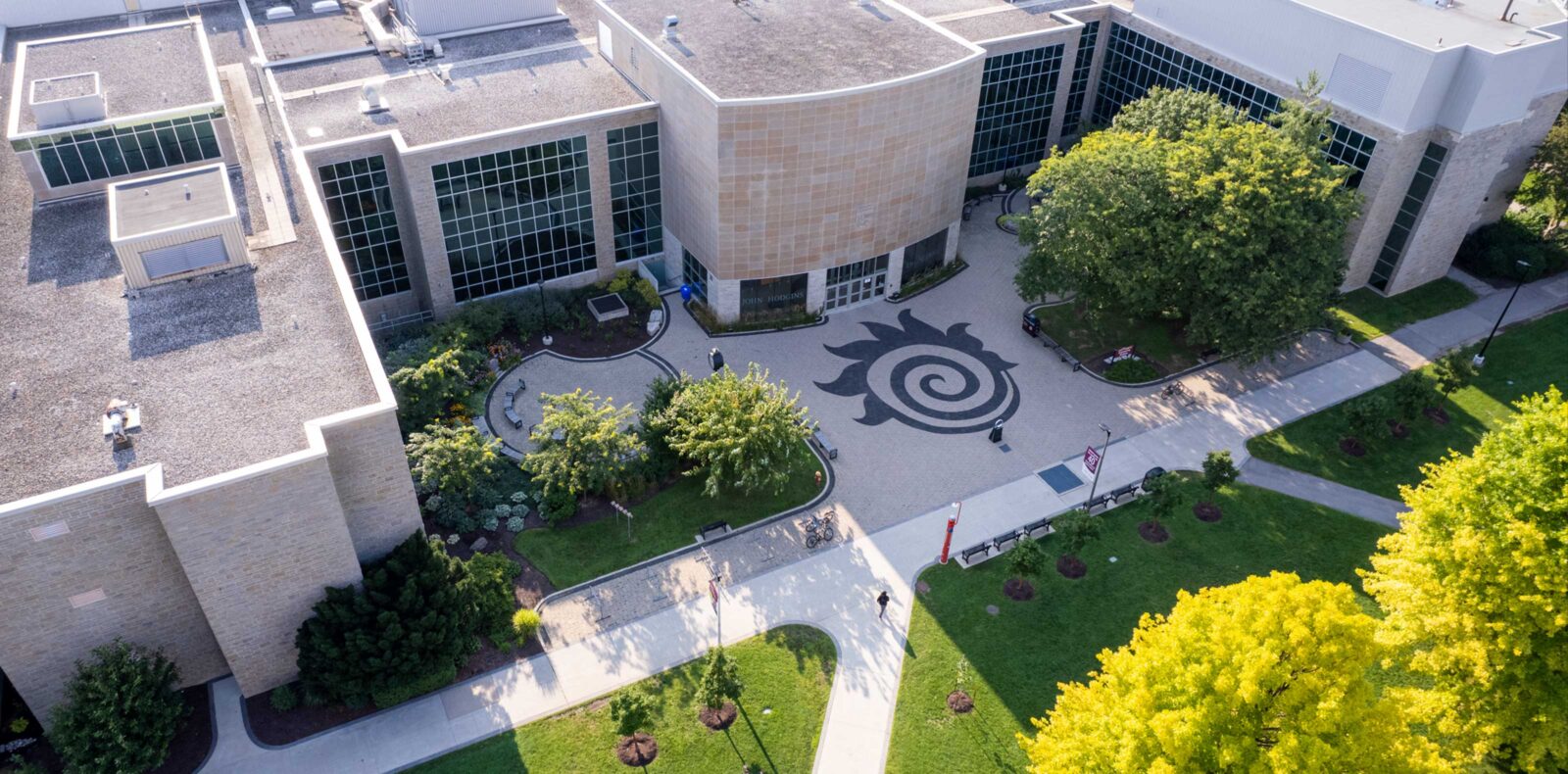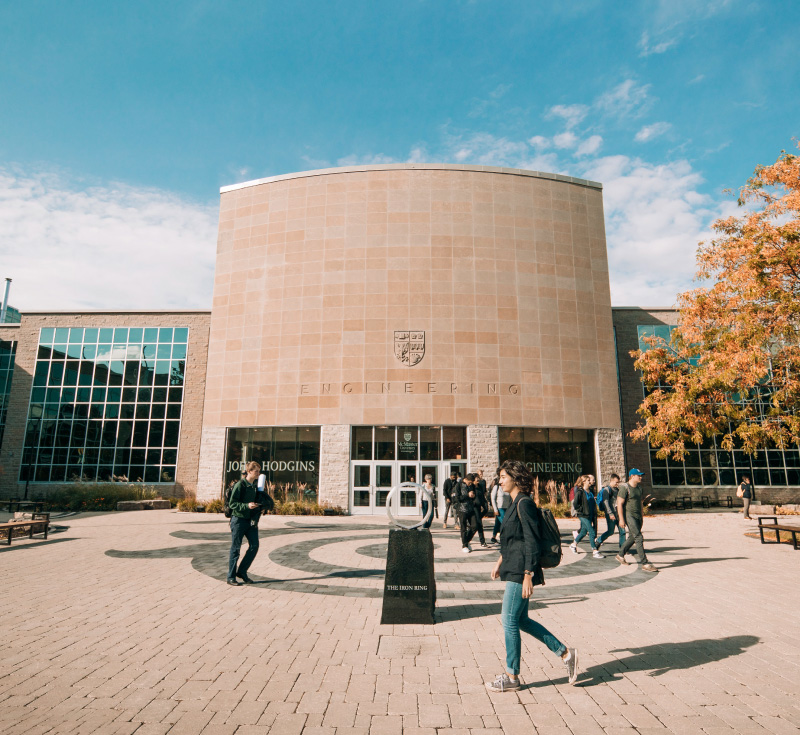
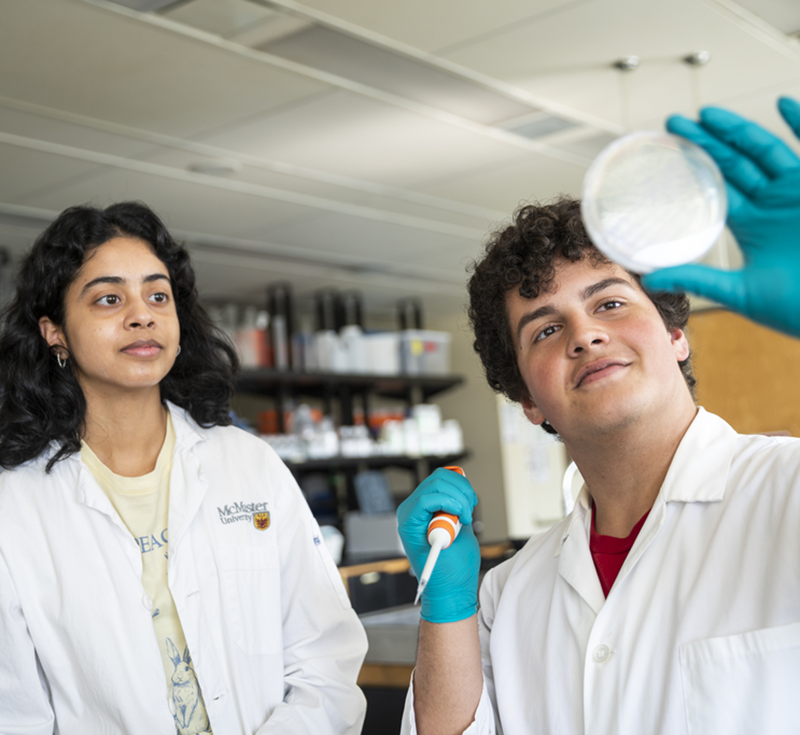
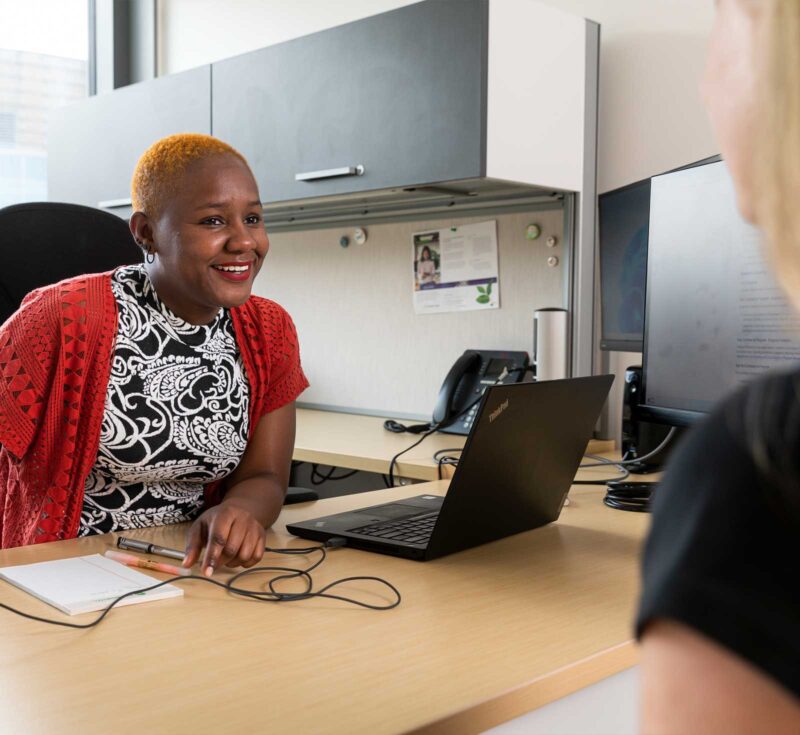
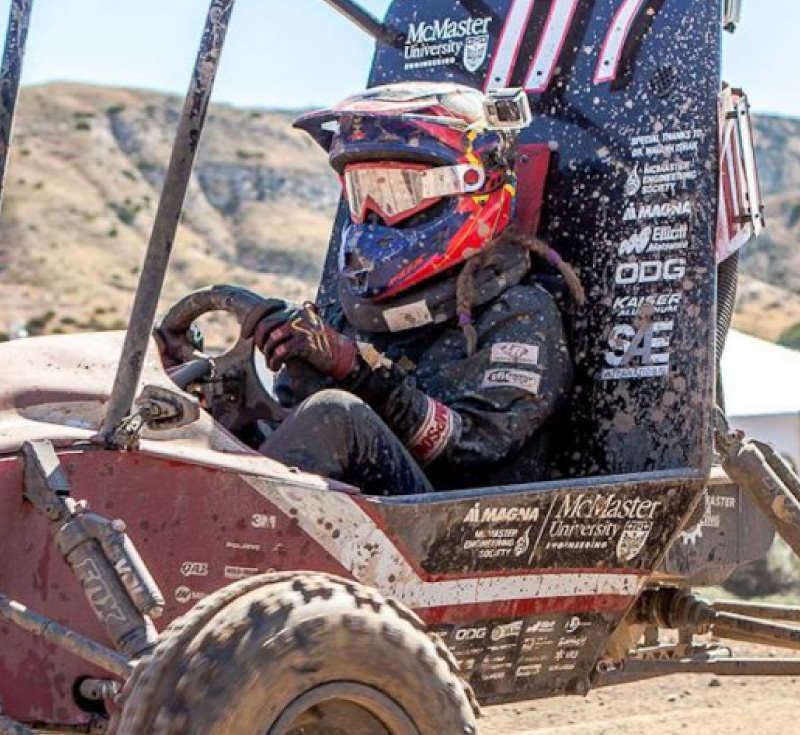
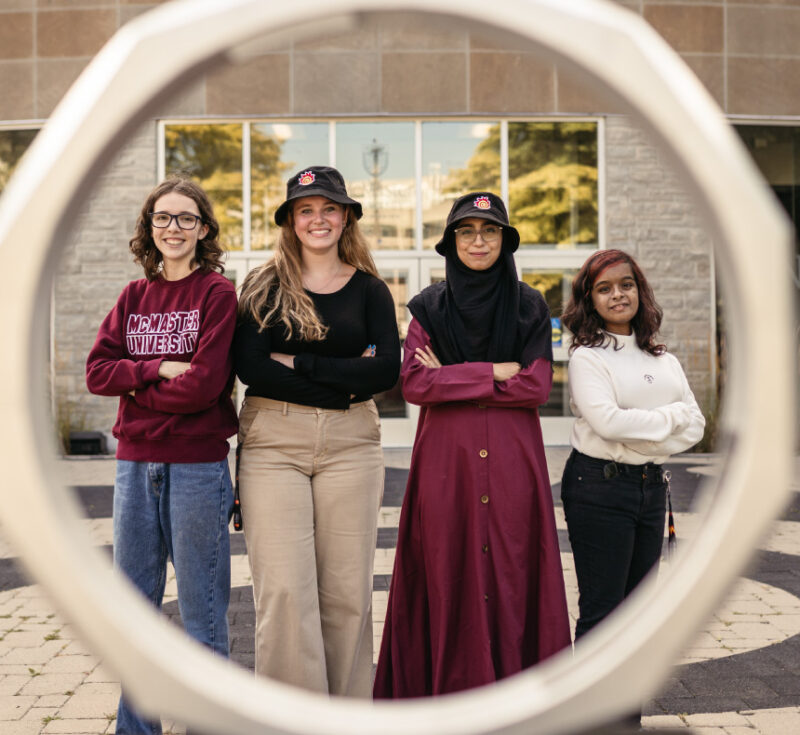
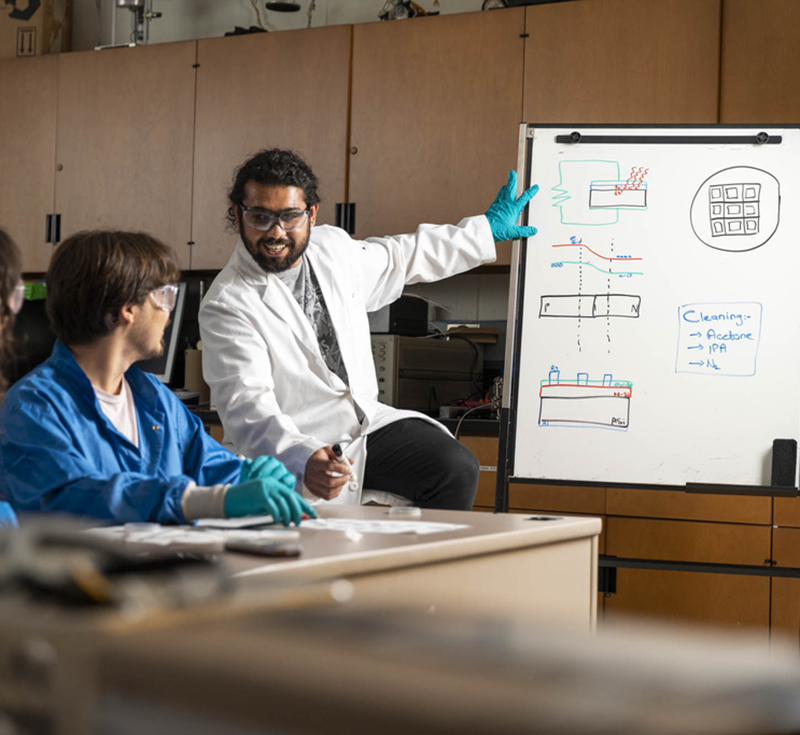
Renewable entrance award for incoming international students*. Available by application to any incoming Level 1 Faculty of Engineering program.
Important note: The McMaster University Award of Excellence (formerly Engineering a Brighter Future Award of Excellence) is a renewable award for international students enrolled full-time (Fall term) who are paying international tuition fees.
*At least one (1) will be awarded to a student from the Caribbean.
| Eligible program | Value |
|---|---|
| Bachelor of Technology, Computer Science, Engineering, Integrated Biomedical Engineering & Health Sciences | $35,000 X 4 years (5 available) |
Minimum eligibility: To be awarded to international undergraduate students entering Level 1 in the Faculty of Engineering.
Renewable entrance award for incoming international students. Available by application to any incoming Level 1 Faculty of Engineering program.
Important note: The Dean’s Global Distinction Award is a renewable award for international students. Ten (10) will be awarded specifically to students from the Caribbean enrolled full-time (fall term) who are paying international tuition fees.
| Eligible program | Value |
|---|---|
| Bachelor of Technology, Computer Science, Engineering, Integrated Biomedical Engineering & Health Sciences | $7,500 X 4 years |
Minimum eligibility: To be awarded to international undergraduate students entering Level 1 in the Faculty of Engineering.
One-time automatic entrance award for incoming international students to our Engineering 1 program.
Important Note: The Engineering International Entrance Award is a one-time award for international students enrolled full-time (fall term) who are paying international tuition fees.
| Eligible program | Value |
|---|---|
| Engineering 1 | $10,000 |
Minimum eligibility: To be awarded to international undergraduate students entering Level 1 Engineering in the Faculty of Engineering.
One-time automatic entrance award for incoming international students to our Integrated Biomedical Engineering program.
Important note: The iBioMed International Entrance Award is a one-time award for international students enrolled full-time (Fall term) who are paying international tuition fees.
| Eligible program | Value |
|---|---|
| Integrated Biomedical Engineering & Health Sciences (iBioMed) | $10,000 |
Minimum eligibility: To be awarded to international undergraduate students entering Level 1 in the Faculty of Engineering.
One-time automatic entrance award for incoming international students to our Computer Science program.
Important note: The Computer Science International Scholars Award is a one-time award for international students enrolled full-time (fall term) who are paying international tuition fees.
| Eligible program | Value |
|---|---|
| Computer Science | $10,000 |
Minimum eligibility: To be awarded to international undergraduate students entering Level 1 Computer Science in the Faculty of Engineering.
Eligible Programs: All Faculty of Engineering programs, level 1 direct-entry
Value: $3,000
Minimum Eligibility: Academic performance – Admissions average must meet required average for the award based on program:
- 90% for all Bachelor of Technology streams
- 97% for Computer Science
- 97% for Engineering
- 98% for Integrated Biomedical Engineering & Health Sciences
No separate application is required. Domestic and international students are eligible.
TAP into the Mac Eng experience!
Chat with students from the Faculty of Engineering on The Ambassador Platform and discover what makes our #FireballFamily community so incredible.

